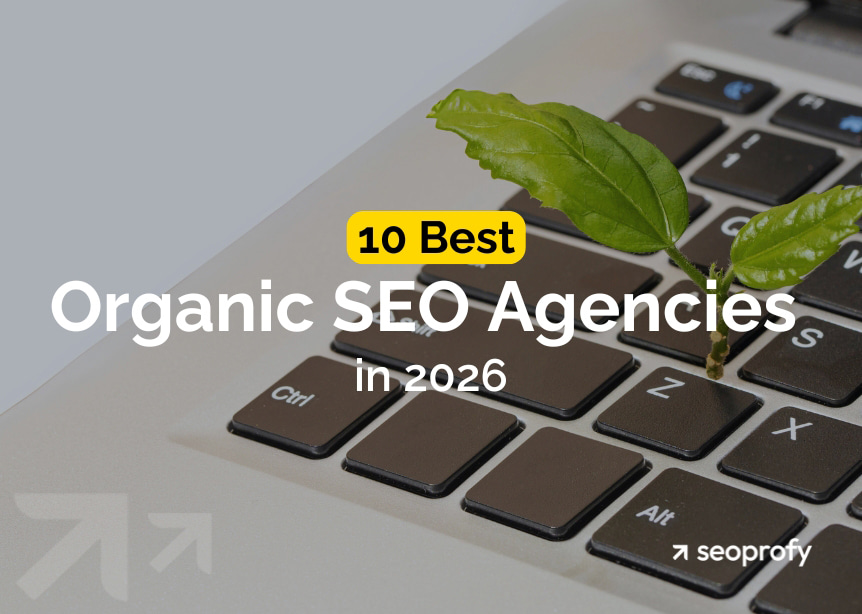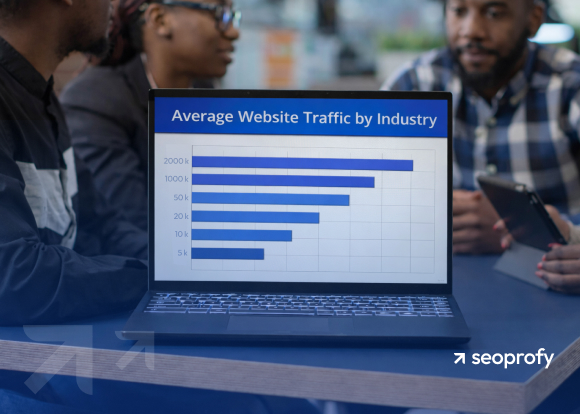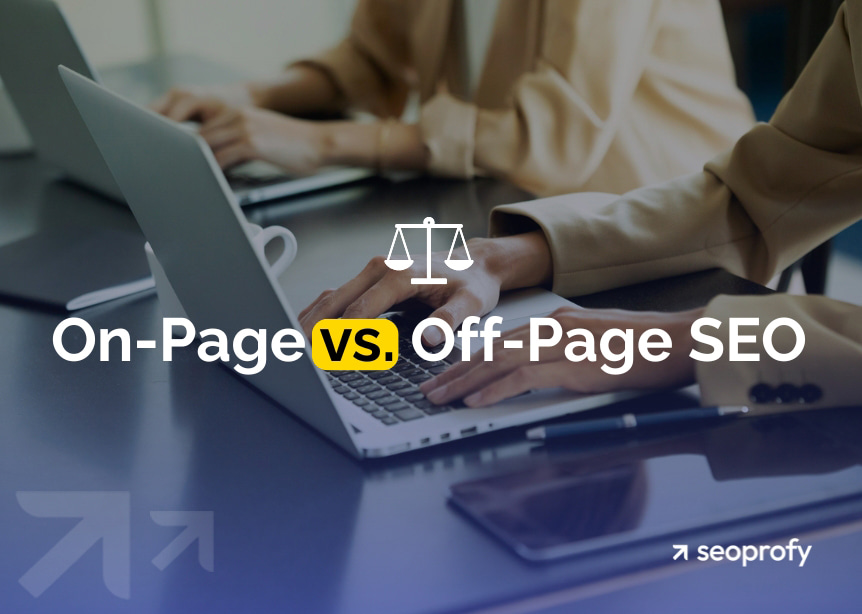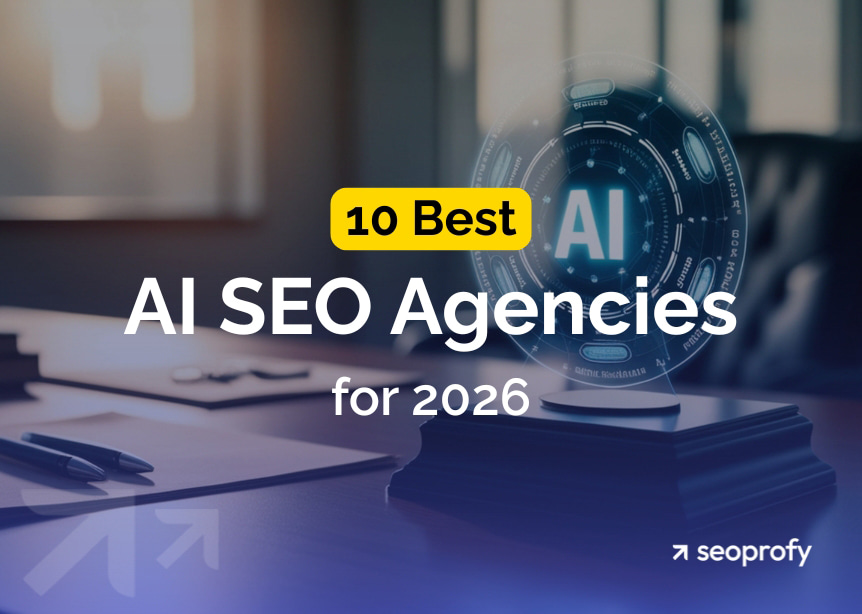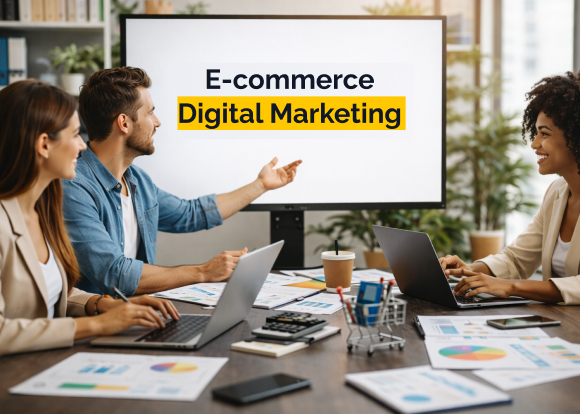Is SEO worth it? Absolutely. However, it depends fully on your goals. If you are a small business or have never done SEO before and need new sales immediately, then this isn’t the quick fix you require.
The value of SEO lies in a constructive, long-term approach. Search engine optimization lets you build digital assets that will keep delivering results over a long period. Well-optimized content will keep attracting clients even after you stop directly investing in it.
- SEO is worth it for most businesses over the long run. However, it may not provide high organic rankings in Google’s search results right away.
- SEO isn’t about manipulative tactics, like keyword stuffing.
- SEO can be valuable for both niche products/services and highly competitive industries.
- SEO provides cost-effective, targeted traffic from people actively searching for your offerings.
- The potential ROI from SEO investments is extremely high for many businesses.
What Is SEO and What Is Not SEO?
Search engine optimization is the practice of optimizing your website and its content to rank higher in search engine results for relevant keywords. While the definition of SEO is simple, there are still misconceptions about it. So, here are some examples of what SEO is and what it is not.
What true SEO involves:
- Doing keyword research to understand what your target audience searches for
- Optimizing individual web pages with these keywords in titles, content, etc., to increase relevance
- Creating a stream of fresh content that positions you as an authority
- Building quality backlinks from other reputable sites to your pages
- Ensuring your website has a sound technical foundation with no barriers to being crawled and indexed.
What SEO doesn’t involve:
- Cramming keywords excessively and unnaturally onto pages without considering their relevance
- Solely on-page optimization (it also requires quality off-page signals, like mentions on other sites)
- “Tricking” Google and other search engines through tactics like keyword stuffing or buying bulk links, as this can only lead to more SEO issues
- A guaranteed formula that works the same for all sites and industries; for instance, eCommerce SEO works differently than SEO for plumbers.
So, SEO isn’t about exploiting loopholes and employing black-hat methods that go against search engine guidelines, like Google spam policies. By following shortcut techniques, you risk getting hit with Google penalties that can severely impact your online presence.
SEO is worth it only when you aim to create an outstanding user experience exactly aligned with your prospects’ needs. With such an approach, the SEO cost will be justified.
Are SEO Services Worth It for My Business?
If you’re looking for a sustainable way to generate sales, search engine optimization is the way to go. However, a professional SEO company cannot claim that SEO is a magic wand for any digital business. In some cases, SEO is just not the right strategy, while in others it can be a game changer.
When SEO Is Important
SEO is important for any business that wants to attract new clients through its website, increase sales, and retain these results over the long term. After all, about 59% of customers search for products on Google if they want to make a purchase.
There’s a common misconception that it’s pointless to do SEO for small businesses. If you run a local business or have a niche product or service that’s not well known but the search volume of related keywords is growing, SEO can help you increase your brand recognition.
Even in highly competitive fields, SEO is still relevant. Imagine you’re a small player in the automotive industry, with giant competitors like CarMax having over 2.5 million visits in the last 30 days:

Capturing just 1% of CarMax’s organic traffic would equate to 25,000 visitors — a significant amount that would be extremely valuable for a smaller player in this space.
When SEO Isn’t Relevant
Still, there are cases in which SEO would not be the best investment. If your business offers a niche product or something that is not known — meaning that not many people search for it online — optimizing for search engines will not help you reach new customers.
Checking the search data of keywords relevant to your offers can help you determine the relevance of SEO. For instance, let’s take the keyword “webflow migration”.
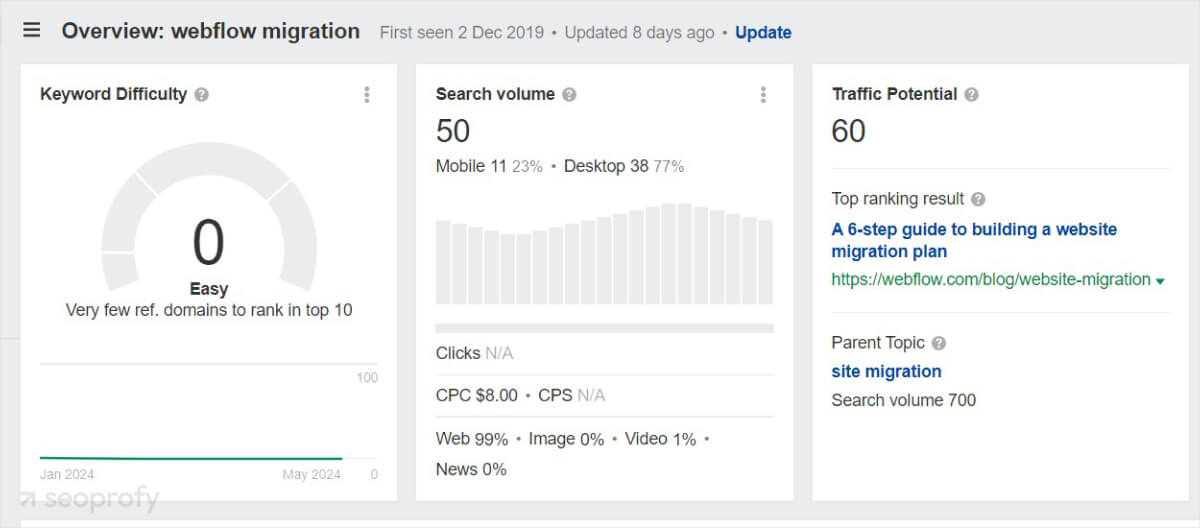
Although it might seem lucrative because of its low keyword difficulty which shows almost no competition, its traffic potential is also low. Other marketing channels could be more efficient in this case.
Other common examples are:
- Event-based campaigns. Think about when your favorite band is coming to town. You’ve probably noticed they’re mostly promoted through paid search advertising or social media. That’s because by the time SEO efforts would start gaining traction, the event would have already passed.
- Low-budget startups. This strategy may not be an immediate priority for startups, as they often focus on developing their offerings and building an initial customer base. An influencer marketing strategy and PPC may be more viable in the early stages.
Yet, this doesn’t mean you should completely ignore SEO tactics in these scenarios. A ticketing service provider can still improve its overall brand recognition by ranking higher in Google search results — some visitors may search for events without a specific one in mind. And as a new company gets established, it can start doing SEO for long-term benefits along with paid ads for immediate sales.
How Does SEO Work, and Why Should You Invest in It?
Search engines place a high emphasis on reliable sources, granting high-quality websites higher positions in search results. SEO is what persuades them that your website deserves to be ranked higher. In addition, you need a website that is welcoming to visitors. SEO helps businesses with that too.
A common SEO strategy includes keyword research, content marketing, on-page optimization, link building, technical audits, local SEO, and more to make your website eye-catching for both search engines and humans. With such a comprehensive approach, you can reap multiple benefits leading to business growth.
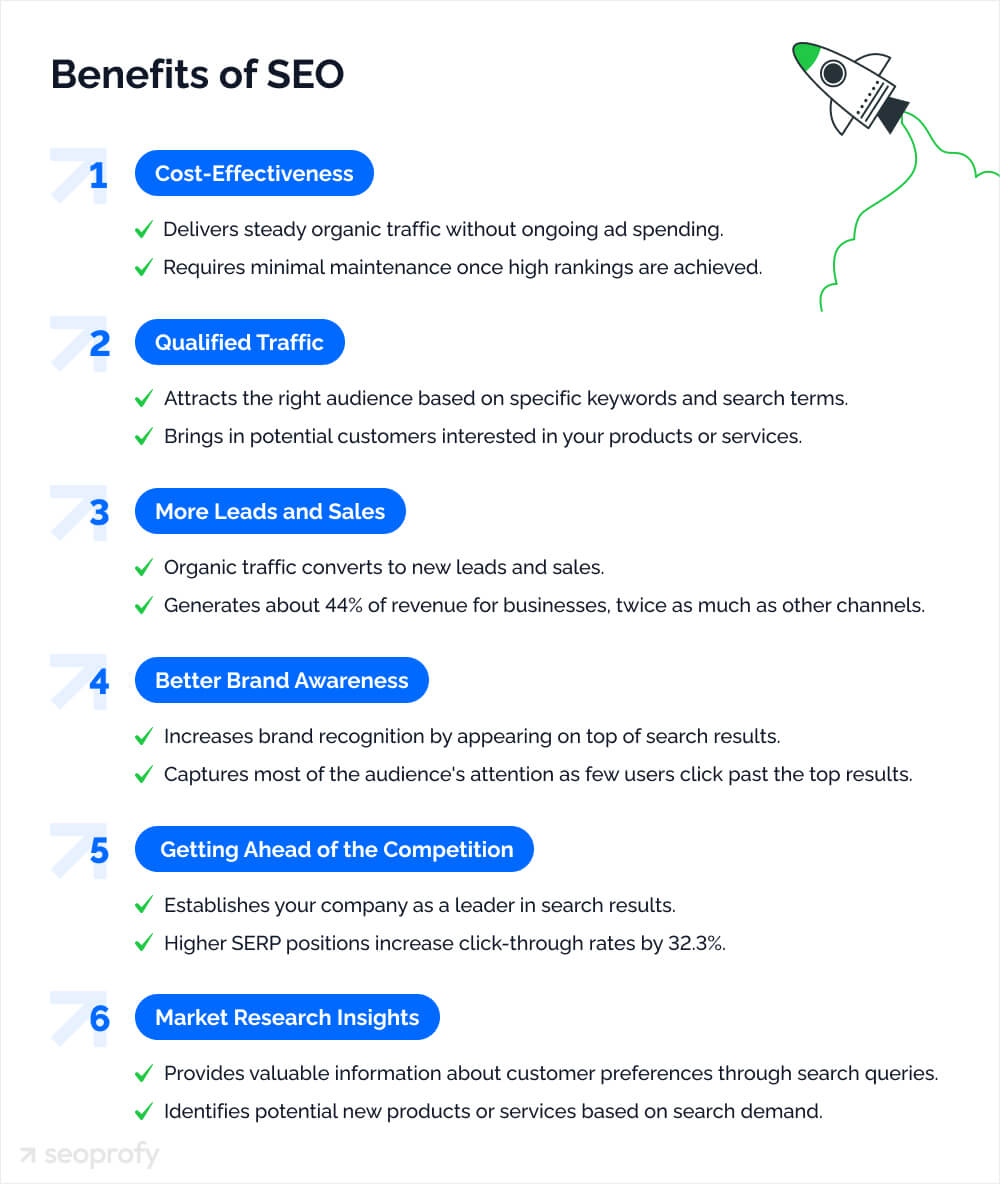
Cost-Effectiveness
One of the most appealing benefits of SEO is its cost-effectiveness. It can deliver a steady stream of organic traffic to your website without ongoing ad spending. Once you’ve built up your search engine rankings, the traffic keeps flowing in, with just a little maintenance required from you.
Qualified Traffic
Not only can SEO bring in a lot of traffic, but the traffic will also be relevant to your business. Optimization helps attract the right audience based on the specific keywords and search terms they use. These are people who intend to buy your products or services, not just window shoppers.
More Leads and Sales
The traffic attracted through search engines is more likely to convert to new leads and sales thanks to the fact that these visitors are already interested in your products or services. In fact, organic traffic from search engine results pages generates about 44% of revenue for businesses in different industries — about twice as much as other channels. Thus, SEO directly contributes to an increase in new leads and sales.
Better Brand Awareness
Even if you target keywords with informational intent and create content that is not directly selling, showing up on top of organic search results makes your brand more recognizable. If you reach the first page of SERP, you secure a great portion of people’s attention. Considering that most people don’t go past the top results, with only about 1% of users clicking on pages that rank lower than #10, quality optimization can increase your brand awareness.
Getting Ahead of the Competition
SEO is a great chance to establish your company as the leader that potential customers find first. Research shows that people tend to trust websites shown at the top of search results more than those at lower positions, and moving just one position up in SERP increases the click-through rate by 32.3%. You’ll control more of the online space for your products and services, and it will be very difficult to take this position away from you.
Market Research Insights
The words and phrases your potential customers type into search engines give you valuable information about them. For example, if there are many search queries for “affordable [your product],” it shows price is really important to them. When you research keywords, you can also uncover products and services that people search for but that your company does not currently offer. If the numbers look promising for a particular keyword category, it could be a new revenue stream.
Real-Life SEO Case Studies
Now you’ve heard about all the great benefits SEO can provide for your business. But rather than just telling you why SEO is worth it, we want you to see the impact yourself through some real success stories.
Case Study: SaaS Project

The client had a massive 3 million-page website, but it wasn’t getting much search traffic. When the SeoProfy team took a look, some of the major problems we found were:
- Content cannibalization (multiple pages targeting the same keywords and competing with each other)
- Lack of keywords
- Chaotic internal linking
- Poor category structure
- Spam backlinks
- Loading speed issues.
One of the challenges was that the client had limited resources, so we could only work on one issue at a time, primarily related to commercial pages. So, our team thought out a careful plan to ensure our SEO efforts had the best possible impact on sales.
The SEO results were incredible — traffic increased 309%, from 22,000 to 68,000 monthly visitors within two years. But we were just getting started. Now, our goal is to grow traffic by at least 50% every year going forward.
Case Study: Software Business
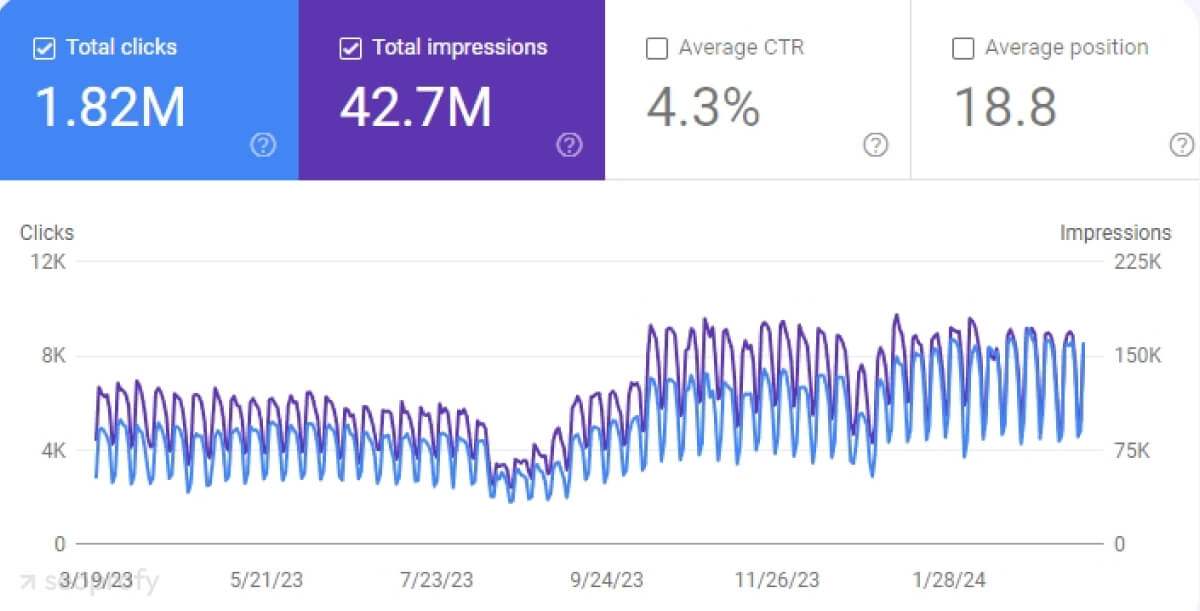
The software company’s website struggled with an outdated, mid-2000s design, content issues, and an unstructured link-building strategy. As a result, its traffic plummeted after Google updates in 2020. Our SEO experts had to start with low-budget resources, which significantly slowed the progress in the first year of cooperation.
Once the business decided to increase its investment, we implemented major improvements — fixed technical issues, created detailed content marketing plans, restructured architecture, and started building links. After three years of optimization work, the results were excellent. Our client’s monthly organic traffic skyrocketed from 20,000 visits to over 200,000. Proper optimization completely transformed its online presence.
Case Study: Trading Website

This client in the trading niche came to us to multiply its organic traffic by five times over two years, expecting a proportional growth in first-time deposits. What made the case more complex is that its site experienced a big traffic drop after Google updates in August and September 2022.
SeoProfy found several main issues — only 40% of its pages were indexed, plus there were 100 language versions, most of which weren’t indexed; the site structure was chaotic; backlinks were only built to the English version; and the content was not optimized for search engines at all.
We built a team of SEO experts with experience in the trading niche. After just one year of cooperation, the site’s traffic tripled. The client also reported its first-time deposits doubled during this period. Currently, we’re on the right path to achieving even more website traffic. Check out the full success story to find out how SeoProfy delivered such results.
ROI Potential from SEO
As the stories above show, success doesn’t come overnight.
You have to remember that SEO is a long-term investment. Don’t expect to get a return on investment within the first year (unless you have a high-margin business).
Andrew Shum, Head of SEO
The case studies prove that SEO success will come if you put in the right efforts. However, it’s also necessary to measure it somehow. In other words, you need to understand the SEO investment return.
Here’s an example to explain how much profit SEO can bring in. Let’s consider a SaaS company that offers a subscription-based service at $49 per month. The company currently receives around 5,000 visitors per day to its website, with a conversion rate of 1% (meaning 1% of visitors sign up for the service).
To calculate the monthly revenue without search engine optimization:
5,000 visitors/day × 30 days × 0.01 conversion rate × $49 = $73,500 per month
Now, let’s assume that after implementing effective optimization strategies, the website’s ranking improves, and the daily traffic increases by 30%.
6,500 visitors/day × 30 days × 0.01 conversion rate × $49 = $95,550 per month
The increase in monthly revenue due to the optimization is $95,550 – $73,500 = $22,050. So, assuming the cost of SEO services is $5,000 per month, the net annual gain would be:
($22,050 × 12 months) – ($5,000 × 12 months) = $204,600.
However, since SEO contributes to user experience and content quality, you can also expect an increase in conversion rate as you invest in SEO. This, in turn, will also increase the ROI.
While these are just example numbers, SeoProfy can calculate the potential ROI for your business and help you choose the right strategy.
Common Objections about SEO
The potential ROI isn’t the only thing that may worry website owners. Here are some more common concerns that businesses tend to have when they consider investing in SEO.
“Our Website Is Just an Online Brochure”
Even basic websites benefit from SEO. Optimization can help potential customers find key information about your business more easily through search.
“SEO Is Too Complicated”
While comprehensive optimization is certainly not simple, the best SEO companies provide detailed recommendations to make it simple for you. They can guide you through the process and explain what needs to be done.
They also regularly assess results to adjust the marketing strategy accordingly. So, SEO is not complicated if you have the right partner by your side.
“An SEO Company We Worked With Used Manipulative Tactics”
Some agencies use questionable methods that violate search engine rules. This may work in the short term but can really hurt your organic search rankings and reputation in the long term.
If your SEO isn’t showing results after a reasonable amount of time, a trustworthy partner can diagnose and fix the issues. A reliable SEO provider only uses ethical, approved tactics focused on creating a great experience for users and search engines.
SEO vs. Traditional Marketing
Another frequent objection is, “Why should I invest in SEO when there are so many other marketing tools?” Well, SEO is inbound, which differentiates it from “traditional” marketing.
The majority of digital marketing tactics push out your promotional messages via channels you have to continuously pay to use. This includes:
- Google Ads
- Social media advertising
- Email marketing
- Banner/video ads.
You just buy or rent access to platforms where you can broadcast your content to audiences matching certain targeting criteria. The downside is that these channels involve ongoing costs for every impression, click, or other action you want to generate.
The truth about SEO is that it’s centered around making your website, product, and brand easily discoverable through natural search. So, instead of invasively interrupting people’s online experiences, this strategy allows you to be helpful at precisely the right place and time — when people are searching for your solutions. Sounds like a whole philosophy, doesn’t it?
However, a comprehensive marketing strategy should not focus solely on SEO or any other approach but use them in combination. In fact, SeoProfy also uses other traffic channels in its strategies. The key is to find what combination of methods works best for your business.
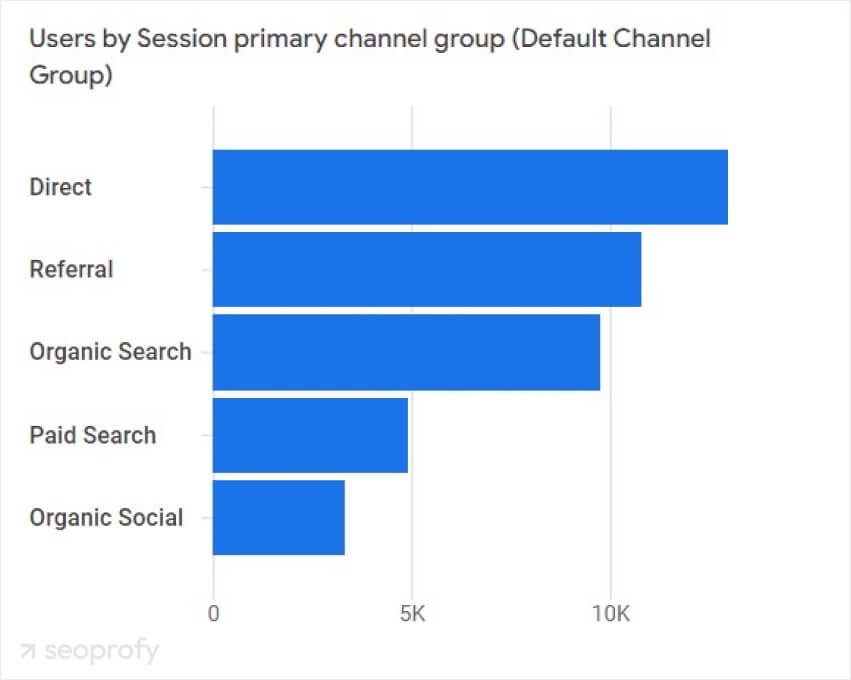
Are SEO Companies Worth It?
You may be wondering if hiring an agency to do SEO is worth it, or if you could just handle it yourself or with your internal team. While you can do the basics, it’s a very specialized task, requiring expertise across many areas. Organic search algorithms also change frequently, and so does the SEO industry.
Building an internal team is an option for big companies with large budgets. However, in-house SEO teams may lack the objective outside perspective that an experienced SEO agency has.
Plus, working with third-party service providers gives you better financial flexibility. If you have a tighter marketing spend, you can decide to stop paying for SEO for a certain period of time, while an in-house team is a more serious commitment.
Finally, optimization requires various tools (for example, a keyword research tool, SEO analytics tools, etc.), which can get very expensive if you have them all in-house. Top SEO agencies even develop their own SEO tools aligned with their workflows and client needs.
An experienced partner is worth the investment. But the best results are achieved when you work together — they provide the skills and tools, while your team handles the hands-on implementation.
So, Is SEO Worth It?
For most businesses, the potential rewards of increased traffic, targeted prospects, and sales make investing in search engine optimization worth it. However, you need to carefully evaluate the exact strategies and spending levels based on your situation.
Ready to make sure SEO is worth it? Contact SeoProfy today!





